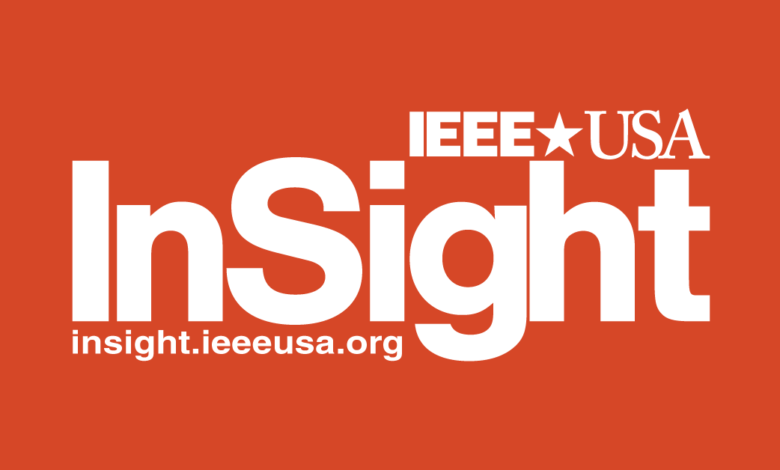
On 4 October, Washington’s National Press Club hosted an advance showing and panel discussion of Codebreaker, an acclaimed new 53-minute film about Alan Turing’s heroic life, tragic death and lasting legacy.
Credited with “catapulting civilization into the digital age,” Turing is one of the 20th century’s greatest technologists, whose contributions to our modern world are only now being recognized and understood. As the founding father of computer science and artificial intelligence, Turing laid the cornerstone of the computer age. He also helped turn the tide of World War II by breaking Germany’s Naval Enigma code.
The panel discussed Turing’s personal story and professional achievements, and included: Patrick Sammon, Codebreaker’s executive producer; David Alan Grier, 2013 IEEE Computer Society president and associate professor of International Science and Technology Policy at George Washington University; and Glenn Zorpette, executive editor of IEEE Spectrum magazine, who has written on both cybersecurity and Turing for Spectrum and Scientific American.
In addition to describing Turing’s many scientific, technological and engineering achievements, Codebreaker puts a human face on the eccentric British mathematician. Instead of receiving accolades, Turing faced terrible persecution. In 1952, the British Government forced him to undergo chemical castration as punishment for his homosexuality. The film sheds new light on the events leading up to Turing’s 1954 suicide a few weeks before his 42nd birthday.
Almost two-million people worldwide have seen the film in the United Kingdom, Spain, Australia and Canada. The London Times described Codebreaker as “an overdue and thoroughly honourable telling of this dreadful story.” View the two-minute trailer.
Pender McCarter is IEEE-USA’s senior public relations counselor.






